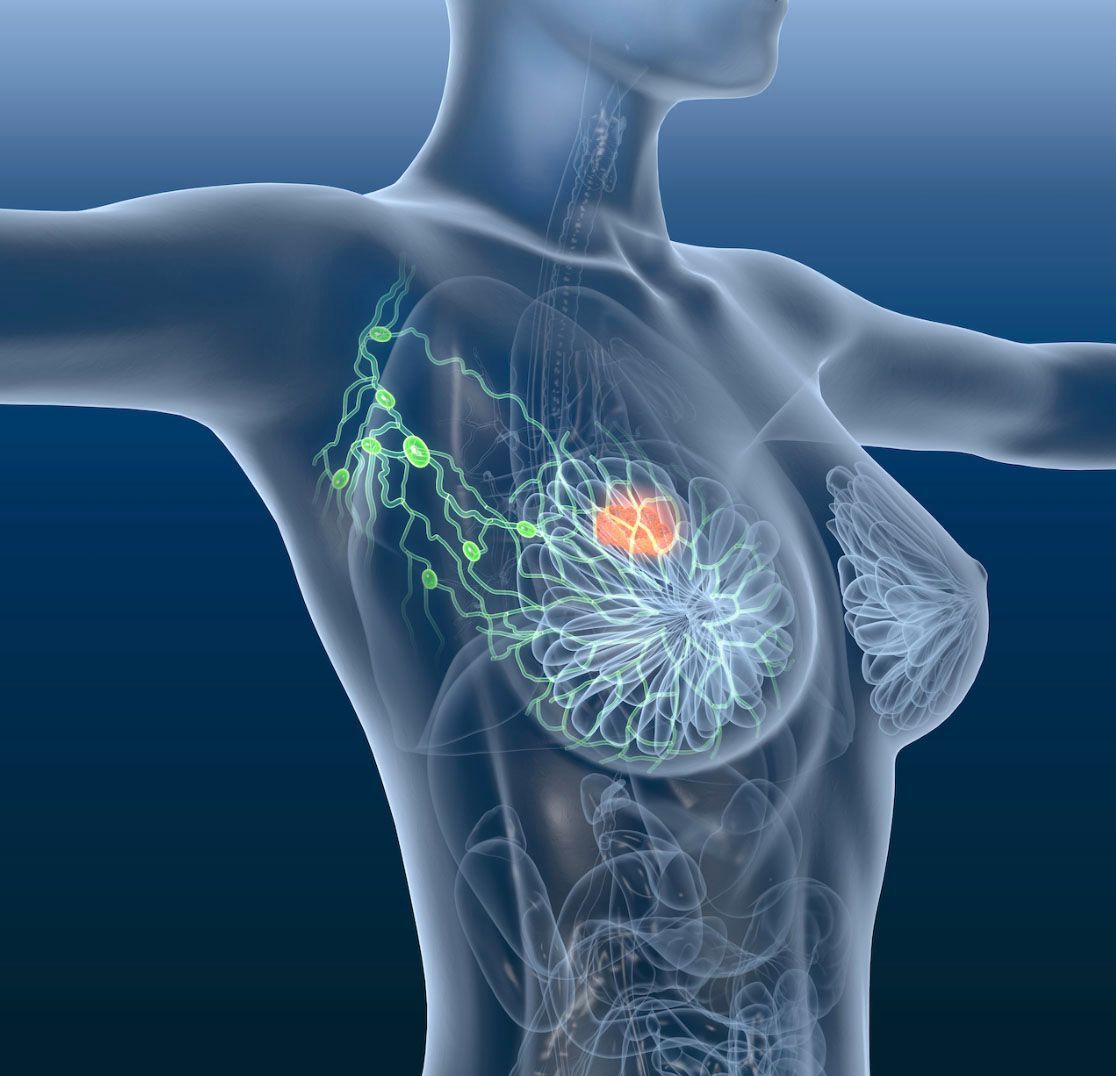Investigators Dose Datopotamab Deruxtecan in First Patient With HR+ /HER2- Breast Cancer
The TROPION-Breast01 study aims to enroll 700 patients to determine the safety and efficacy of datopotamab deruxtecan in patients with HR-positive, HER2-negative breast cancer.

The first patient has been dosed in the phase 3 TROPION-Breast01 study, which is evaluating the efficacy and safety of datopotamab deruxtecan (Dato-DXd; DS-1062) for the treatment of hormone receptor (HR)-positive, HER2-negative metastatic breast cancer, according to a press release by Daiichi-Sankyo.
Dato-DXd is an investigation TROP2 directed antibody drug conjugate. High TROP2 expression is an unfavorable prognostic factor in overall survival. Currently, no TROP2 directed therapies are approved for HR=positive, HER2-negative breast cancer.
"Most patients with HR-positive, HER2-negative metastatic breast cancer will inevitably progress on available treatments, including hormonal therapy and standard of care chemotherapy. In this setting, the unmet need is high, and new therapeutic approaches are necessary to delay disease progression and extend survival," said Cristian Massacesi, MD, chief medical officer and oncology chief development officer, AstraZeneca, in the press release. "The TROPION-Breast01 trial will evaluate whether datopotamab deruxtecan may be a more effective treatment than chemotherapy for patients with previously treated HR positive, HER2 negative advanced breast cancer previously treated with one to two lines of chemotherapy."
The phase 3, randomized, parallel assignment, open-label study (NCT05104866) has a target enrollment of 700 participants. The estimated study completion date is July 21, 2025. The primary end points are progression-free survival and overall survival. Secondary end points include objective response rate, duration of response, disease control rate, time to first subsequent therapy, time from randomization to second progression or death, pharmacokinetics, and immunogenicity.
During the study, patients will be randomized to receive either Dato-DXd or the investigator’s choice of chemotherapy.
In order to participate in the study, patients must be 18 years of age or older, or 20 years of age or older if they live in Japan. Additionally, patients must have a confirmed diagnosis of inoperable or metastatic HR-positive, HER2-negative breast cancer, progressed on or are not eligible for endocrine therapy, have an ECOG performance status of 0 or 1, at least 1 measurable lesion, adequate organ and bone marrow function, and a minimum life expectancy of 12 weeks at screening.
Patients with a history of another primary malignancy, persistent toxicities caused by previous anticancer therapies, uncontrolled infection, known active or uncontrolled hepatitis B or C infection, known HIV infection, uncontrolled or significant cardiac disease, clinically severe pulmonary, leptomeningeal carcinomatosis, clinically significant corneal disease, concurrent use of hormonal therapy, or have undergone a major surgical procedure within 3 weeks of the first study dose are not eligible to participate.
"There are no TROP2 directed therapies currently approved for HR-positive, HER2-negative breast cancer and we are encouraged by the emerging clinical profile of datopotamab deruxtecan in patients with breast cancer," said Gilles Gallant, BPharm, PhD, FOPQ, senior vice president, global head, oncology development, oncology R&D, Daiichi Sankyo, in the press release. "TROPION-Breast01 is the first pivotal trial of datopotamab deruxtecan in breast cancer and the third pivotal study in our clinical development program, underscoring our efforts to accelerate development of this TROP2 directed ADC in breast and lung cancer."
The study is currently recruiting at 129 locations across the United States. Although the study will be global, sites in Canada, Argentina, Brazil, China, Europe, and Asia are not yet recruiting patients.








